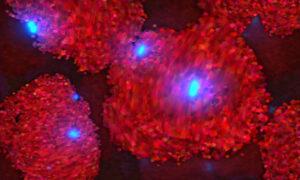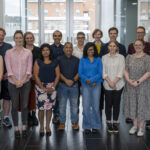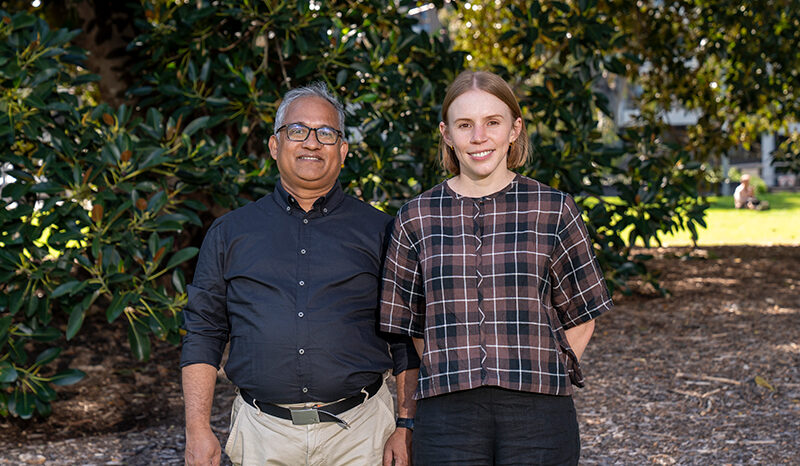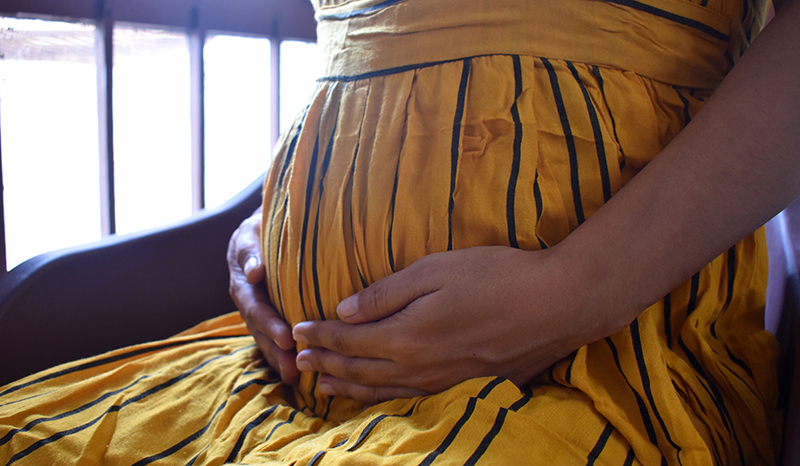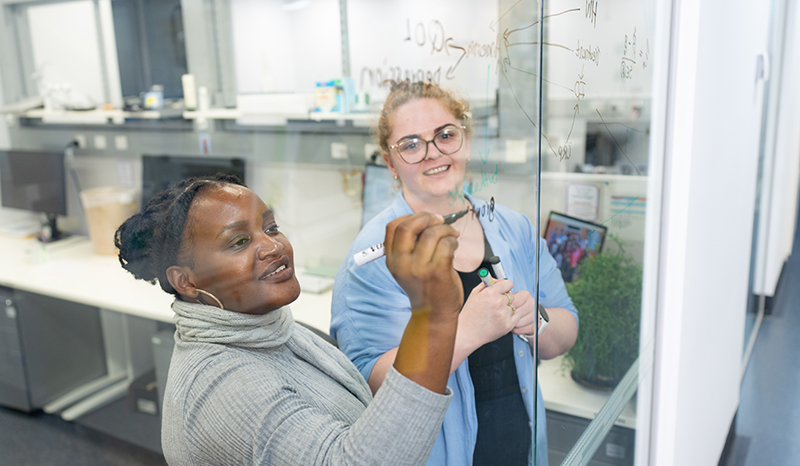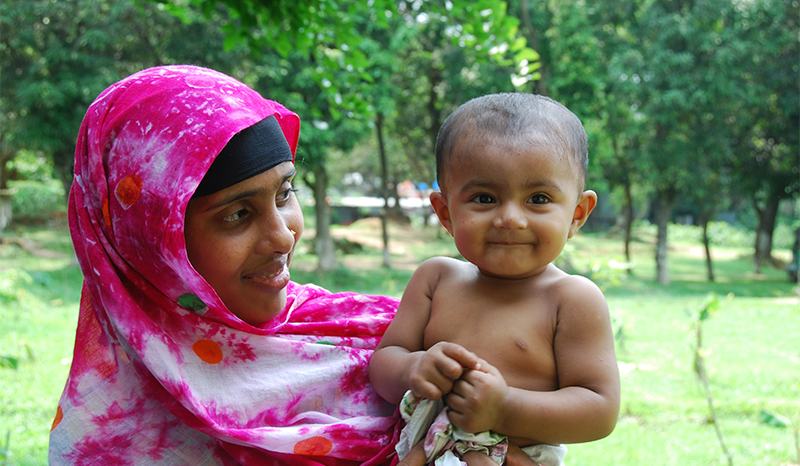When a person is diagnosed with anaemia, the underlying cause should be understood and addressed – for example, a person with coeliac disease may need treatment for this condition, which may improve their anaemia.
Severe cases of anaemia can be managed in the short-term through blood transfusions. However, this does not address the underlying cause of the anaemia.
Iron-deficiency anaemia can be managed by providing extra iron, either as a tablet or powder, or as an intravenous infusion.
Our researchers are investigating the best ways to deliver iron to combat deficiency, particularly for women and children living in low-income countries.


